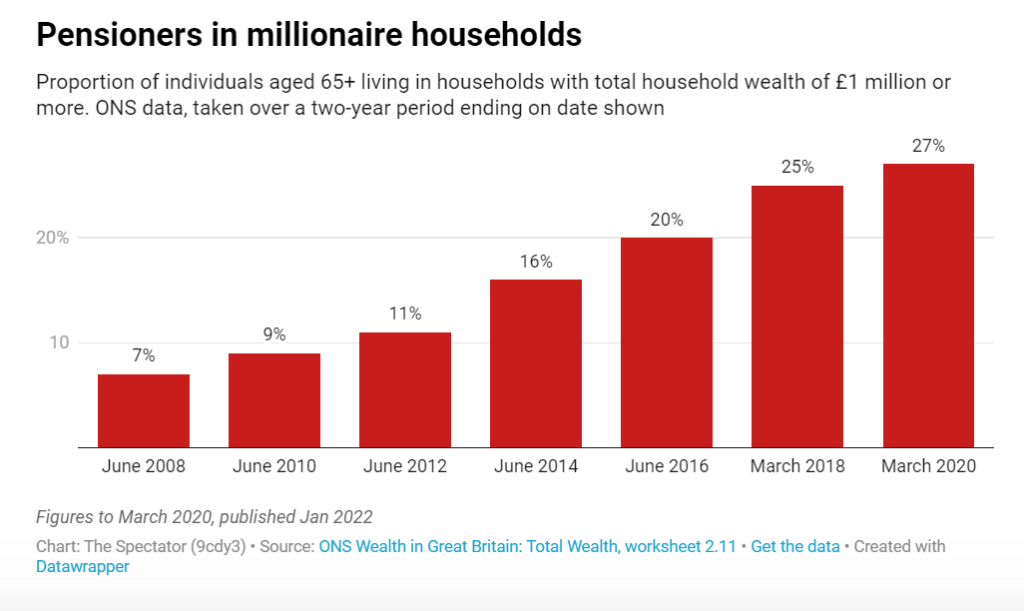Link: https://jacobin.com/2022/10/interest-rates-climate-change-liz-truss-tories
Excerpt:
Raising interest rates won’t just push Britain into a recession and make the cost-of-living crisis worse for working-class people — it will discourage badly needed investments in green energy, undermining the UK’s efforts to address climate change.
….
The theory goes that higher interest rates help bring inflation down by making credit more expensive across the economy and reducing the amount of money firms and families have to spend on goods and services, thereby slowing price increases. But our inflation is predominantly driven by external factors, most notably high gas prices resulting from COVID-19 supply issues and the war in Ukraine. Instead, the bank’s policy is likely to push the UK economy into a recession, without addressing the main underlying causes of rising prices. That also means higher costs of borrowing for the very investments we need to reduce our reliance on costly fossil gas, like wind farms and home insulation.
To compound the problem, higher interest rates discourage investment in clean projects more than dirty ones. Running renewables doesn’t cost much: they rely on free wind and solar energy instead of expensive fossil fuels. But building them in the first place does come with high initial costs, meaning they are particularly impacted by the higher costs of credit. Similarly, insulation and heat pumps need to be paid for up front, before they begin to lower energy bills for households. Demand for improvements like heat pumps is significantly influenced by the availability of cheap loans to cover the initial installation costs.
Author(s): LUKASZ KREBEL
Publication Date: 23 Oct 2022
Publication Site: Jacobin

